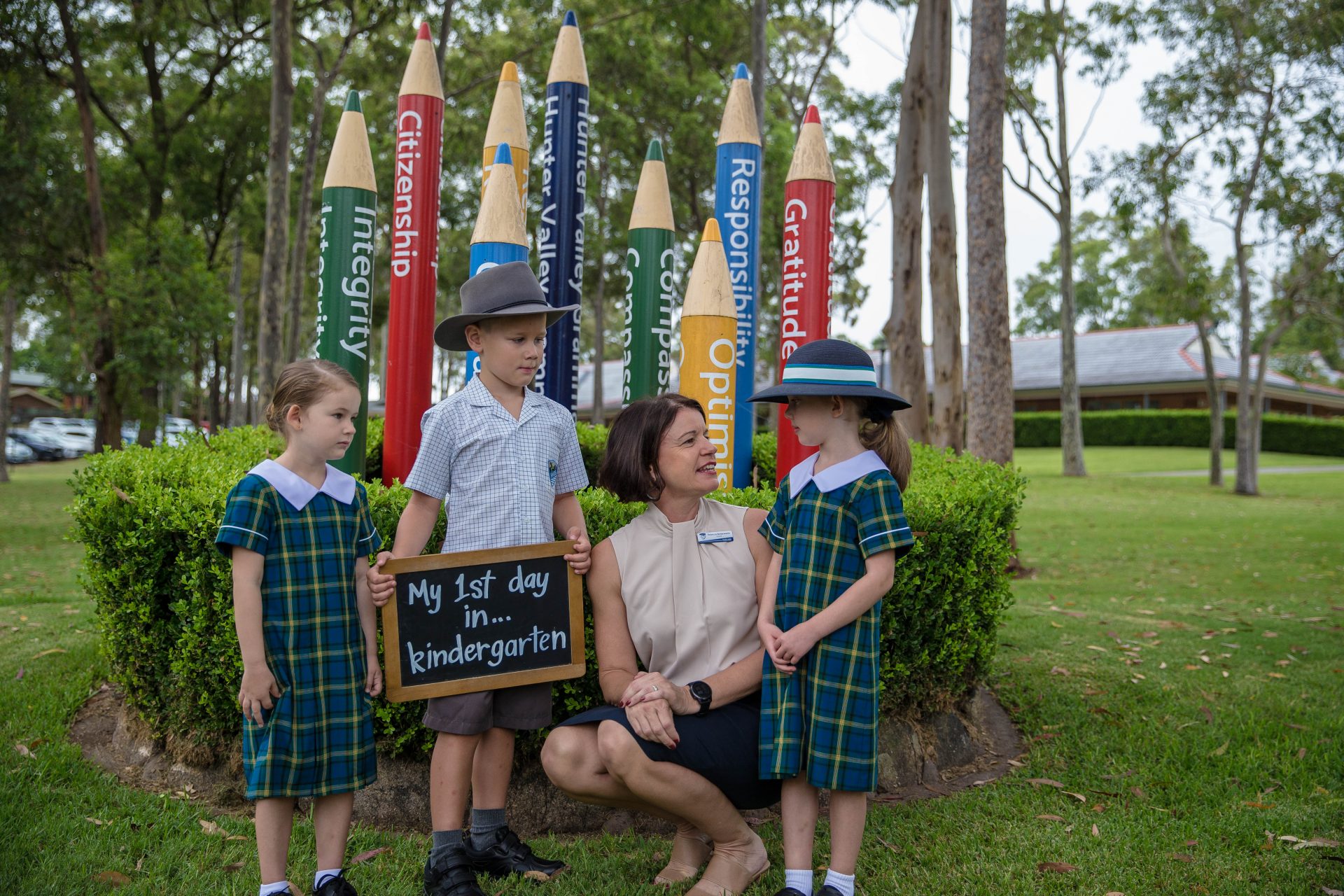Published on February 4, 2022
The start of the school year is a time of transition for everyone, most especially our students. At this time of year our students are excited about the opportunities that lie ahead and the potential new friends on the horizon. They might also be apprehensive about who their teachers will be or anxious about leaving mum and dad or a caregiver. Some students might even be afraid of what the year will bring and whether they are ready for the next stage. The reality is that the child who returns home each day in the first few weeks of school may swing between a range of emotions until they realise they have “got this”.

A successful start to the academic year begins with recognising that transition is empowering and scary. It involves acknowledging the emotional impact of change on everyone involved in the school community. I would guess there are a few parents who shed a tear on the first day of school as they said goodbye to their children, and others who breathed a sigh of relief when their child came home talking about a new friend. We all want our children to settle quickly into the routines and expectations of the new year and find “their groove”. Settling, though, takes time and the length of time varies from child to child.
Before school started, I spoke to our new teachers about the emotional cycle of change. During a change cycle we move from being excited about what we don’t know, to being frustrated by new systems and processes, and then feeling a sense of competence and success as we learn more and gain mastery. Essentially, as we transition, we move from a state of being comfortable and in control, to one of discomfort until we feel like we have “got this”.
I have found the concept of the “learning pit” a great way to talk about this process with students and parents.

(source)
Learning involves being very uncomfortable and learning to embrace this discomfort. This of course is easier said than done and quite challenging for our students (no matter their age). If we can normalise discomfort (with all the emotional responses it brings), we can help students climb out of the “learning pit” and feel a sense of empowerment and efficacy. Efficacy comes from having agency; from feeling in charge of one’s own learning. Our students realise this through effort, which is how they get to mastery. Once they experience the “woo hoo” moment, they feel those positive emotions that sustain them through the next cycle of the learning journey.
The more we make it ok to be uncomfortable, and acknowledge that learning and change are emotional processes, the more we can help our young people sit with that discomfort and experience deep and enduring learning. Afterall, isn’t that what life is all about?

